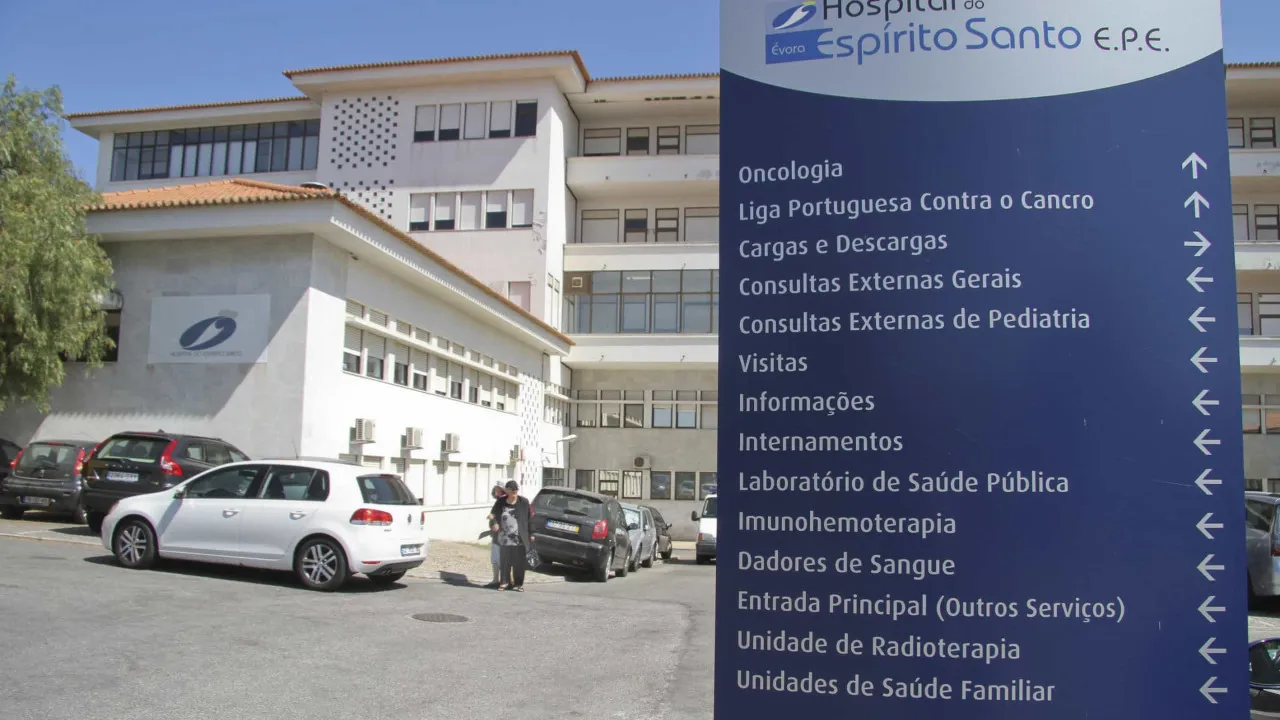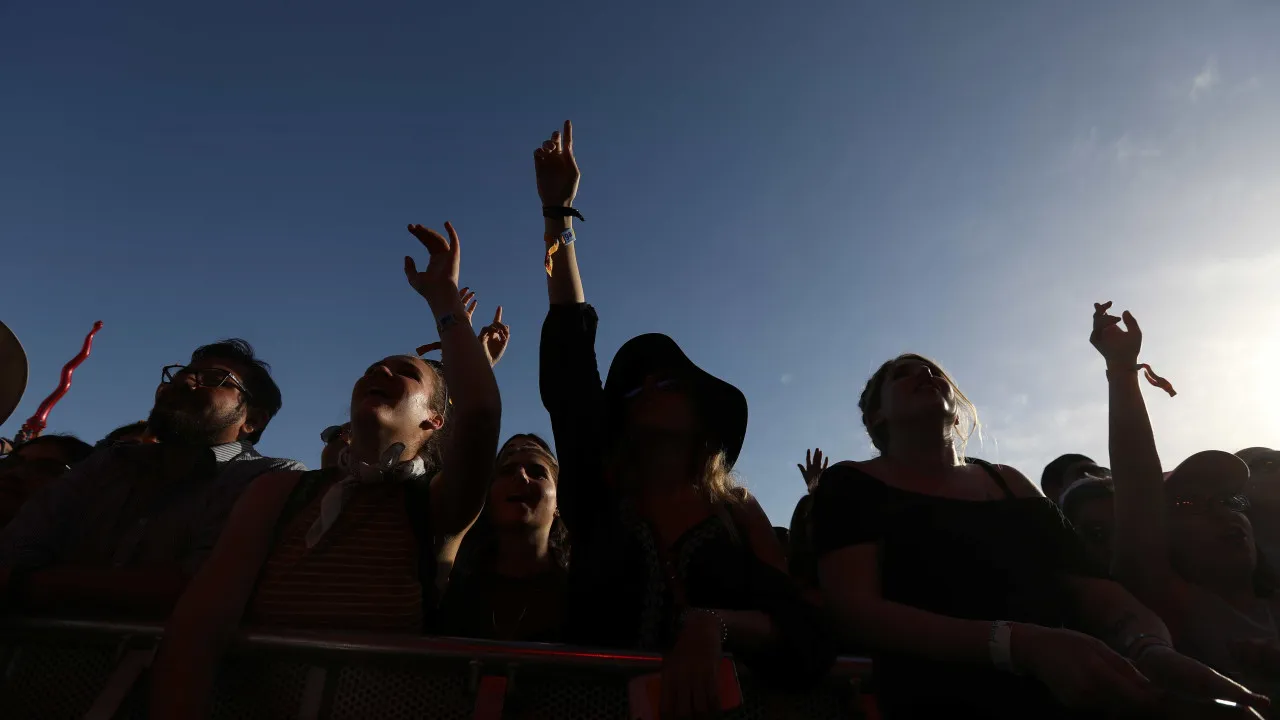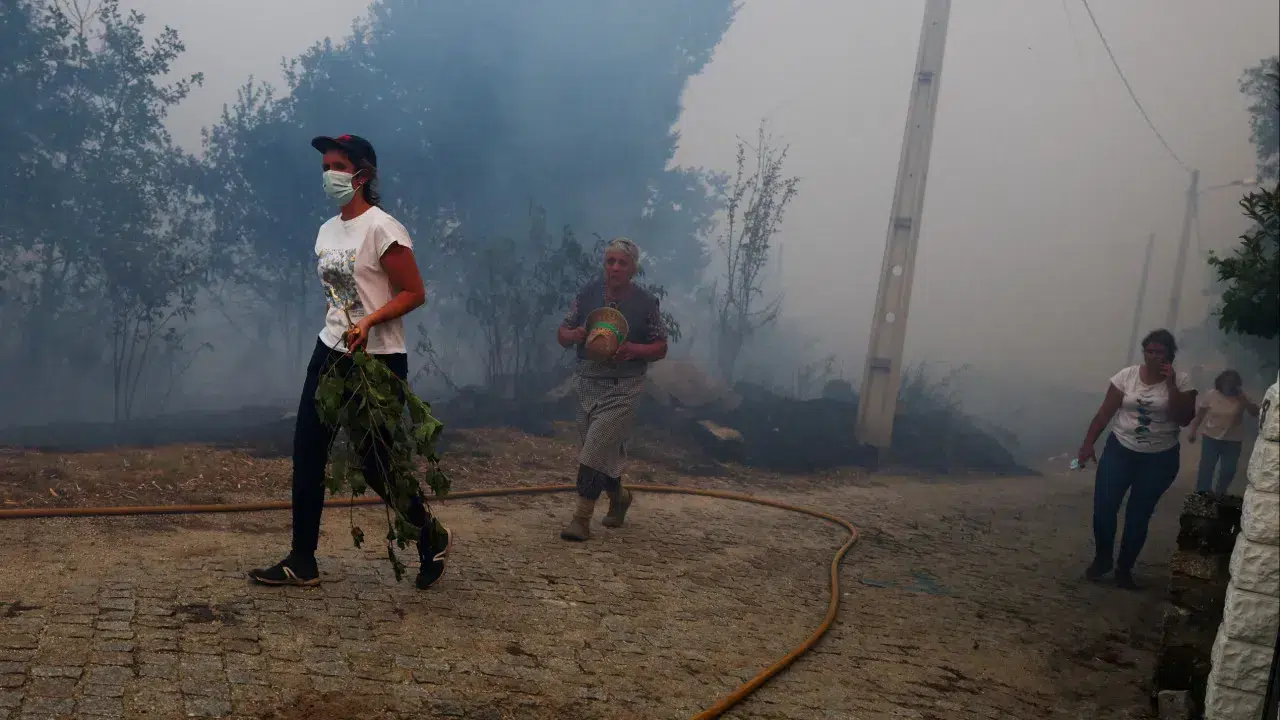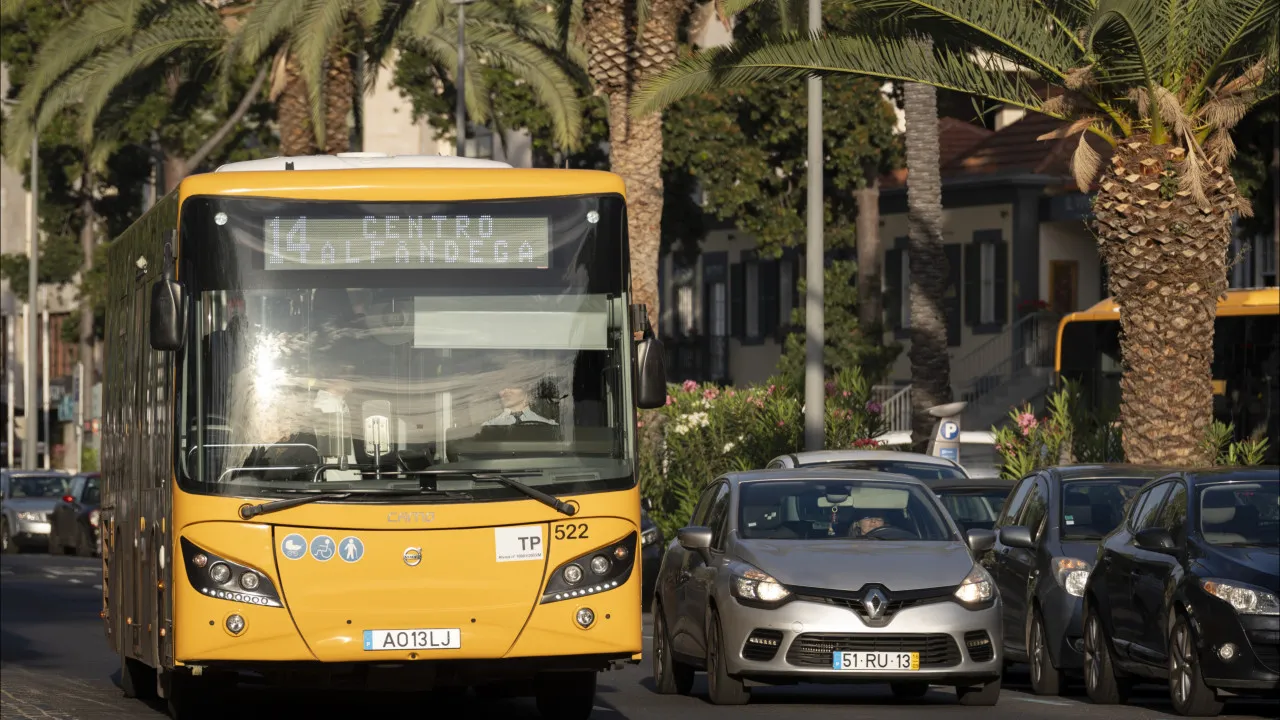The sole deputy of JPP, Filipe Sousa, in a statement sent to Lusa, asserted that the country “demands answers and not bureaucracy” and that it “will not resign to institutional indifference,” ensuring that “it will continue to demand that the Assembly of the Republic lives up to its role of scrutiny and defense of the Portuguese people.”
“JPP announces that it will proceed with the presentation of an initiative to establish a Parliamentary Inquiry Commission, aimed at rigorously and independently establishing the structural causes of the ongoing tragedy and the political and institutional responsibilities associated with it,” the statement also reads.
The announcement follows minutes after the president of the Assembly of the Republic, José Pedro Aguiar-Branco, rejected the sole deputy of JPP’s request for an extraordinary meeting of the parliament’s permanent committee to hear the Prime Minister and the Minister of Internal Administration, arguing that only parliamentary groups have that power.
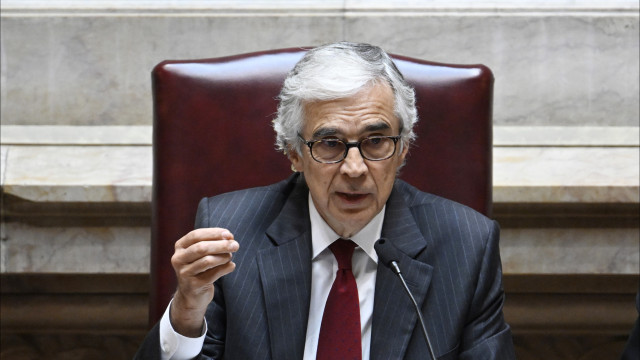
The President of the Assembly of the Republic today refused the JPP’s request to convene an extraordinary meeting of the parliament’s permanent commission on fires, justifying that only parliamentary groups have that power.
Regarding this decision, the party considers that Aguiar-Branco had an “overly restrictive understanding” of parliament’s norms and that “more than a regulatory issue, what is at stake is the parliament’s ability to respond appropriately to the national calamity.”
Juntos Pelo Povo further adds that “it is perplexing that the President of the Assembly of the Republic, who also holds this prerogative, did not take the initiative to urgently convene the Permanent Commission, given the government’s glaring passivity and the population’s distress.”
José Pedro Aguiar-Branco’s office, in response to the request sent by the sole deputy of JPP, to which Lusa had access, refers the rejection of the request to the permanent commission’s regulation, which stipulates that only parliamentary groups can request an extraordinary meeting of this body that operates when parliamentary sessions are suspended.
According to Article 6 of the regulation, “the permanent commission can meet extraordinarily by the President of the Assembly of the Republic’s convocation, on his own initiative or at the request of any parliamentary group, and, in this case, the conference of leaders should be heard.”
In the same response, it is also mentioned that JPP can, however, bring the subject of its proposal to debate at the next conference of leaders, whose meeting is scheduled for the upcoming September 10.

